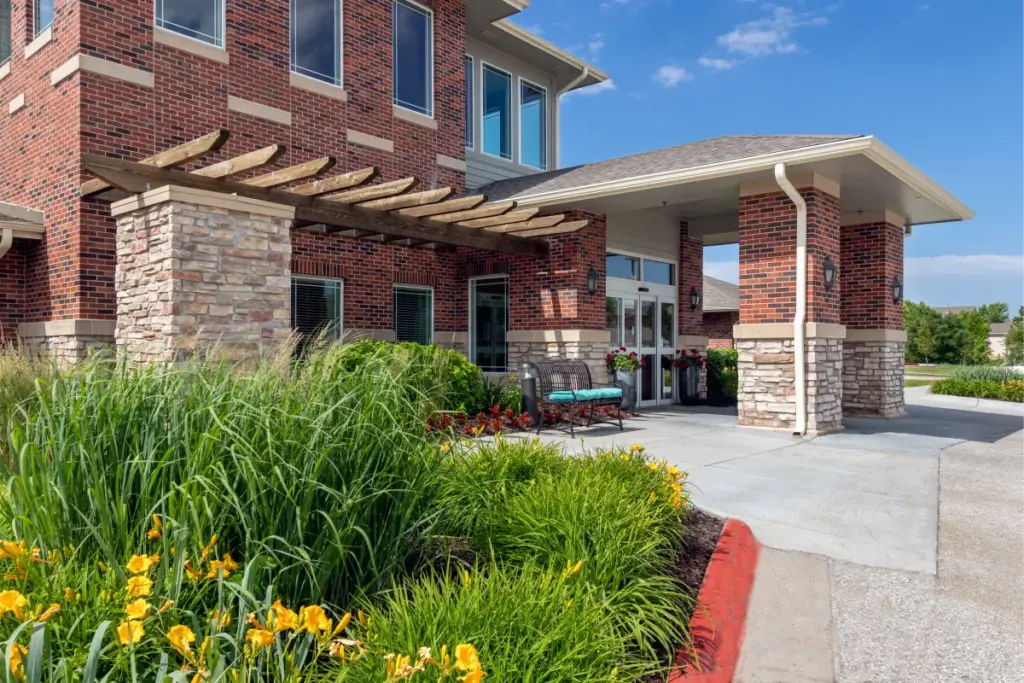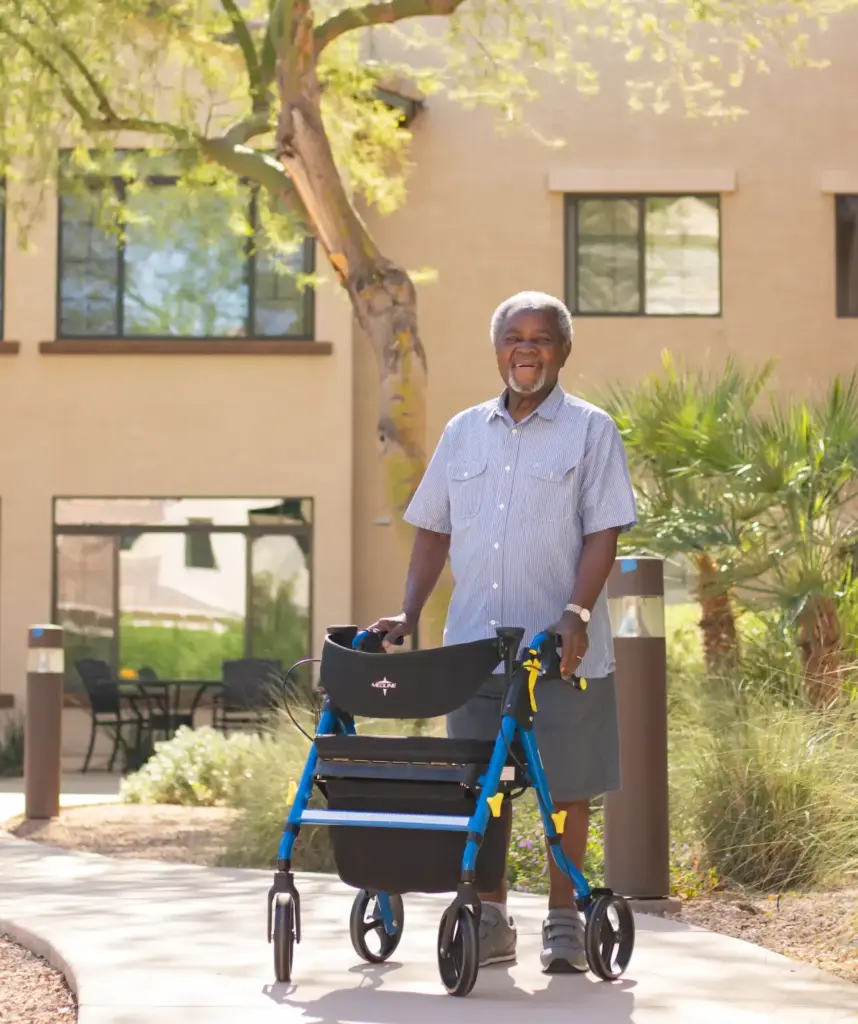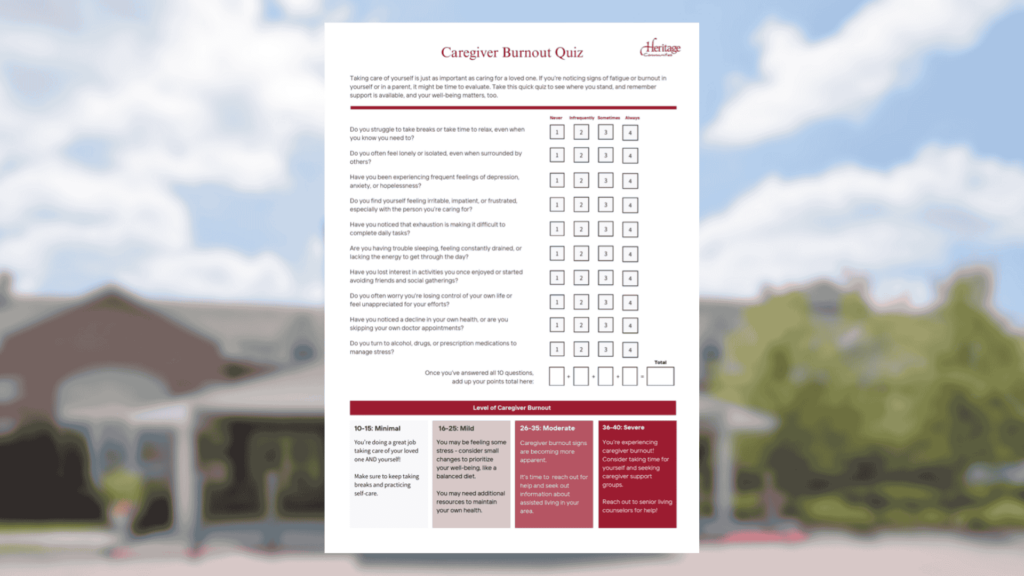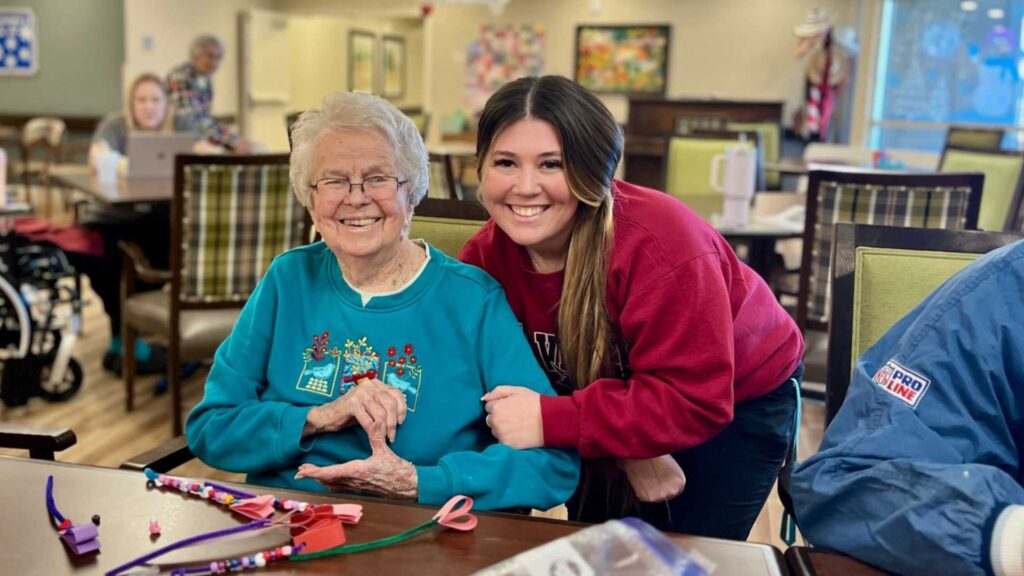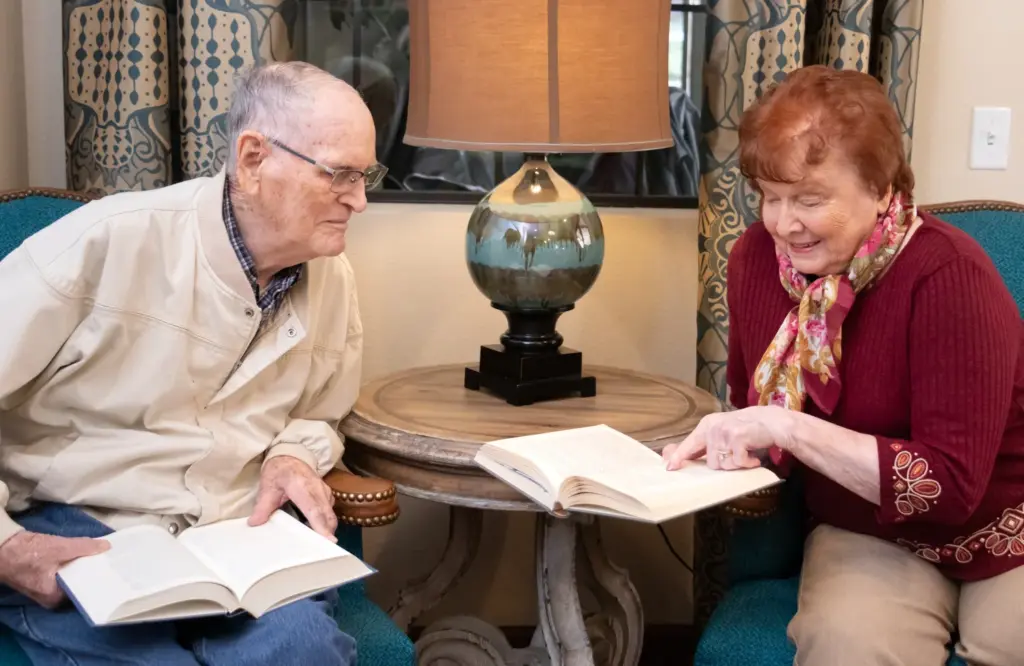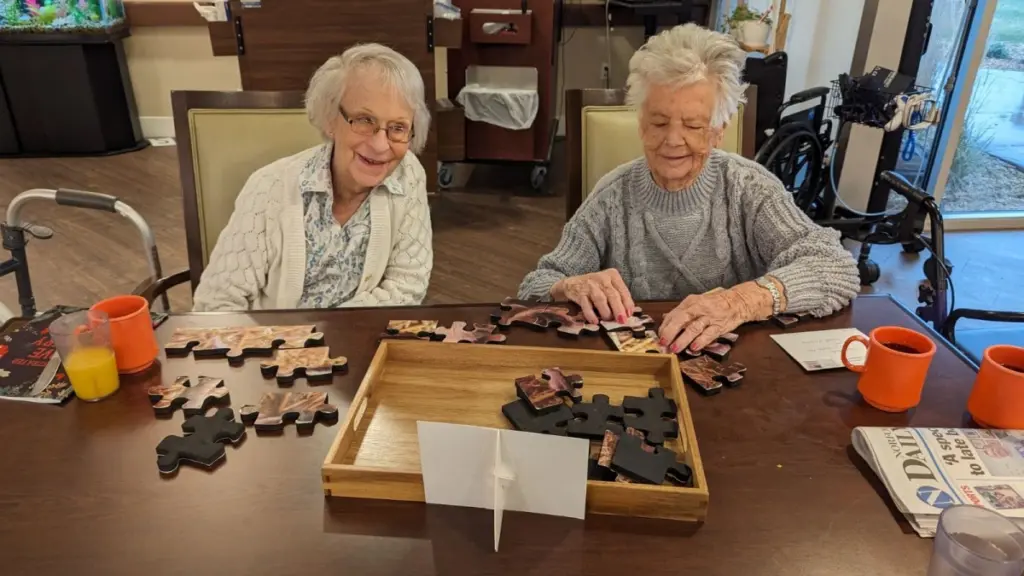Home Care Vs. Assisted Living: What is the Best Choice?
At-home care options for seniors living at home, and signs that suggest assisted living might be the better choice. Everyone wants to live life on their own terms, and each has a desire for independence that never goes away, no matter our age. Yet there often comes a time when an older adult requires more assistance in order to stay safe and healthy.

Everyone wants to live life on their own terms, and each has a desire for independence that never goes away, no matter our age. Yet there often comes a time when an older adult requires more assistance in order to stay safe and healthy. Assisted living is one possibility. At-home care is another. Here are a few factors to consider about receiving care at home, and when that might no longer be the best choice.
At-home care for seniors who want to remain at home
Some older adults choose to remain at home as long as possible, opting to receive either at-home care or use the resources of adult day care.
Home Care
Home Care providers can assist with housekeeping, transportation, bill paying, meal preparation and some also offer personal care support. A visiting nurse or aide can help on a daily or weekly basis. In addition, options for 24-hour nursing care (live-in or rotating shifts) can be a solution for older adults determined to remain home. This at-home care solution may be most suitable for more introverted individuals that are not as interested in socialization with their peers as well as those that can afford these services.
Adult Day Care
Seniors who live with family caregivers may not be able to be alone during the day. Adult day care gives caregivers a break to go to work, tend to their children, or simply get relief from the demands of caregiving. Programs are available in a variety of formats, from daily to weekly options.
When at-home care is no longer a good choice
Hiring a home health care aide can be hugely beneficial, yet it is not without its own challenges. Finding a reliable and trustworthy caregiver, and scheduling and financing each touchpoint of care is a time-consuming process. While your loved one may start out needing an extra hand with the housework and shopping, as time goes on their needs may progress beyond what a home health caregiver—or a visit to adult day care—can realistically provide.
Signs to watch for:
- Wandering. Concerns about wandering away from the home or becoming confused during a drive can cause stress for both the individual receiving at-home care and the caregiver. Even if your loved one no longer drives, it may be a good idea to look into a living situation where the individual is not living alone, such as assisted living.
- Cognitive changes. Mood, personality changes and an inability to plan or remember important dates are other signs that your loved one is experiencing cognitive changes. While occasional forgetfulness is not a cause for alarm, especially if it’s typical for the individual, if you start to notice significant changes in your loved one’s habits or abilities, it might be time to consult with a physician and discuss if a more supervised living situation is best.
- Medication mismanagement. It is estimated that as many as 55% of senior individuals fail to comply with medication instructions, putting their health at risk through non-compliance. Although unintentional, medication mismanagement can result in dangerous consequences when doses are doubled or essential medications are missed altogether. Even with the assistance of a professional home health aide, your loved one might still have access to medications and become confused about dosage. Living in a setting where medications are out of reach would be preferable than at-home care.
- Increased falls. One out 1 out of 4 adults 65+ report experiencing a fall in any given year– many of which can lead to broken bones, head injuries and other serious issues. Living at home, a senior faces hazards in the home including bulky area rugs, poor lighting and steep staircases, which can make everyday environments dangerous. An environment such as assisted living is designed specifically for the safety of residents, with important safety features. In addition, staff are available 24/7 to offer assistance.
- Lack of socialization. Prolonged social isolation can lead to increased risk for dementia and other serious medical conditions. While a home health care aide can certainly provide some level of company and help your senior loved one get out and about to appointments, their work is to care for your loved one, and their presence is not a substitute for friendships. In a vibrant assisted living setting, residents find multiple opportunities for engagement and connection.
- Poor nutrition. Eating a nutrient-rich diet full of fruits and vegetables and that is low in saturated fats isn’t always easy to do, yet it can provide the backbone to a longer and healthier life. If you think your loved one isn’t able to prepare balanced meals like they used to, it may be time to consider other options. While at-home care can be arranged to assist with meals, but the possibility still remains that your loved one will not consistently get the needed nutrients.
Assisted living might be the next step
In an assisted living community, housing, personalized care and support with activities of daily living such as bathing, dressing and medication management are provided. The goal is to help each individual remain independent for as long as possible while also enjoying an engaging, purposeful life. Staff are on-hand 24/7 to provide assistance and activities and amenities are designed to encourage interaction and enjoyment.
Heritage Communities welcomes home health care providers in our communities. If you have an established relationship and want to continue receiving care in your apartment home, you may do so. In addition, Heritage OnCare Home Health services are available in some Heritage Communities.
Whether at-home care or assisted living, the goal is the same: to ensure your loved one is living their most fulfilled life. At Heritage Communities, we think it’s important to not only address the health needs of our residents, but also infuse good times, laughter and rewarding relationships to their lives. We invite you to learn more.
At Heritage Communities, we can connect you to a community that matches your lifestyle, tastes and needs. Download our free guide, The Family Decision Toolkit. Or contact us today.

